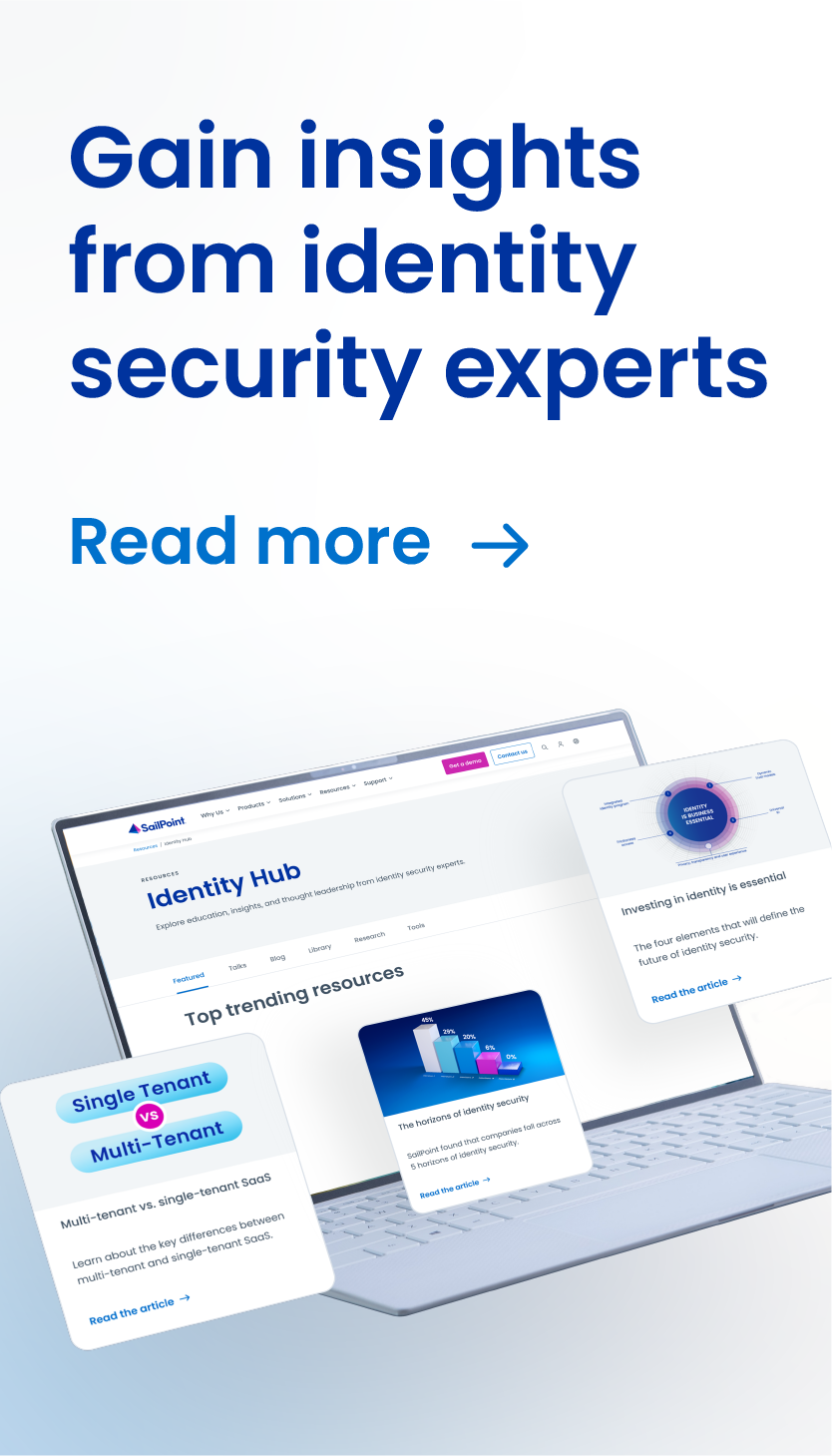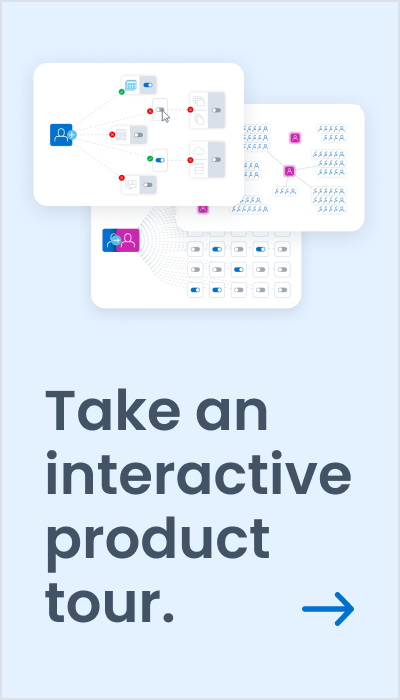File Access Manager 8.3 Expands Reach to Include Data Privacy Governance for Unstructured Data
Today’s enterprises are facing a “perfect storm” when it comes to data privacy. Longstanding regulations like GDPR, the California Consumer Privacy Act (CCPA), and others are now imposing stricter compliance requirements around the handling of Personally Identifiable Information (PII).
At the same time, the current processes required to handle these privacy-related requests – including Data Subject Access Requests (DSAR) and Right of Access and Right-to-be-Forgotten use cases – are manual and time-consuming, threatening to leave organizations at risk of non-compliance if they’re not addressed quickly.
File Access Manager – SailPoint’s data access governance solution – has always given enterprises the visibility and control necessary to manage and secure unstructured data. Today, our latest release (File Access Manager 8.3) builds on that commitment with key data privacy enhancements to satisfy the need for an enterprise privacy solution focused on unstructured data –including the ability to streamline DSAR and right of access/right to be forgotten workflows.
DSARs and compliance challenges
Also known as a “subject rights request” or a “privacy rights request,” a DSAR is a submission by an individual (or data subject) to a business, asking to know what personal information of theirs has been collected and stored, as well as how it’s being used. Individuals can also use a DSAR to ask that the company take certain actions with their data, such as deleting it, fixing incorrect data, or opting out of future data collection.
Enterprises worldwide are faced with the task of responding to these and thousands of similar privacy requests annually – all of which must be completed within strict timeframes. Yet the current processes to do so are both time-consuming and complicated.
The biggest hurdle for organizations is the data discovery process – essentially locating individual identity information within huge volumes of unstructured data. And the current processes used to identify, correlate, and remediate the data, as well as manage compliance responses, are primarily manual, prone to errors, and aren’t scalable.
Collaborating efficiently between stakeholders to coordinate responses is also a clunky challenge. Finally, it’s expensive. Gartner estimates the cost of addressing a single DSAR is about $1,500 USD, while fines for non-compliance can reach up to $20M, or 4% of a company’s annual revenue.
NEW in 8.3: Streamlined data privacy workflows
File Access Manager 8.3 now satisfies the enterprise need for a scalable privacy solution focused on unstructured data. New enhancements include:
- Advanced PII Detection: New Data Privacy engine offers advanced classification capabilities with NLP based contextual detection of PII data, in addition to existing classification capabilities
- Automated DSAR Campaigns: Automated collaboration workflows that can address compliance requirements such as CCPA and GDPR, enable quick collaboration, provide instantaneous search results and automated verifications, and allow privacy professionals to track and manage progress, performance, and execution.
This new data discovery and review workflows tackle the core challenges in addressing specific data privacy compliance requirements: Automating the PII data discovery and collaboration process to help organizations cut processing time from weeks to minutes and ensure speedy compliance with new regulations.
NEW in 8.3: Extended cloud connectivity, governance
File Access Manager 8.3 is also extending enterprise cloud connectivity and governance capabilities with an enhanced AWS S3 connector to support federated accounts; integration with Azure Files; and shared drive support for Google Drive.
- AWS S3 Connectivity: Federated account support for AWS S3 means that enterprises can extend access context with identity information; associate Active Directory Accounts – including AD Users and Groups – with their effective access to AWS S3 Bucket resources; and get more visibility into an identity’s access to S3 resources either directly or through nested group hierarchies.
- Azure Files Connectivity: Offers full governance capabilities, permission analysis and data classification. Get visibility into an identity’s access to Azure files with full Active Directory integration and federated account support.
- Google G-Suite Shared Drives Connectivity: Includes full support for shared drives and external accounts: data discovery, effective permission analysis, data classification, activity monitoring, data privacy, governance & certifications processes, and data ownership.
File Access Manager 8.3: Available March 31
File Access Manager is making it easier for enterprises to eliminate the tedious manual processes associated with strict data privacy requests, as well as extend cloud data governance coverage with increased cloud connectivity for Azure Files, AWS S3, and Google G-Suite Shared Drives.
SailPoint File Access Manager 8.3 will be generally available on March 31 and can be deployed on-premises, or in the cloud of your choice. For more information, please visit https://www.sailpoint.com/platform/file-access-manager/.



Discussion